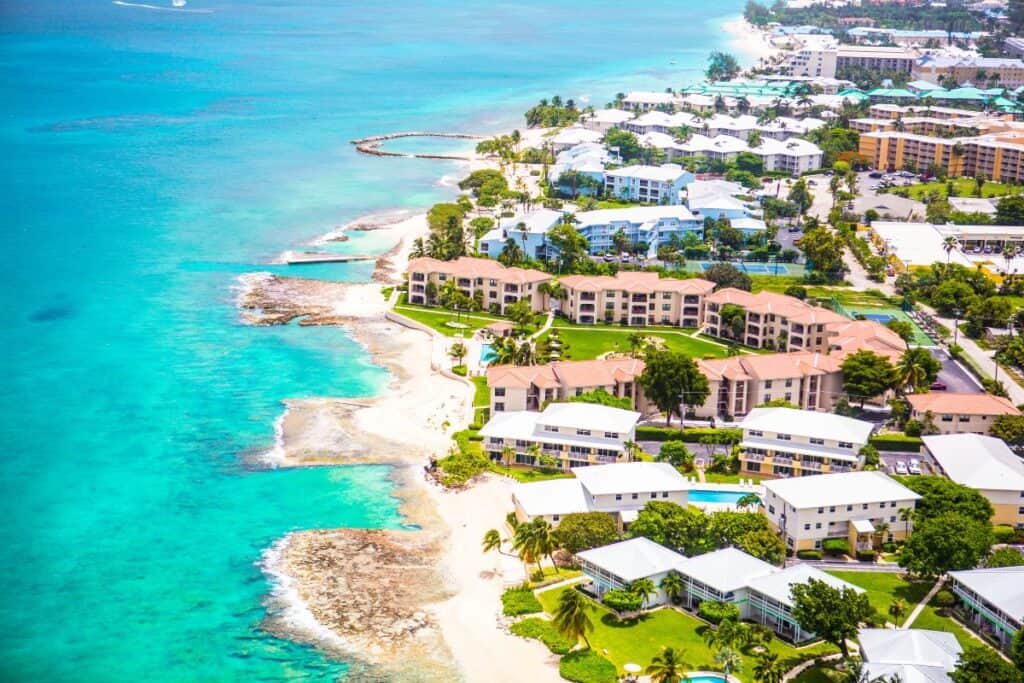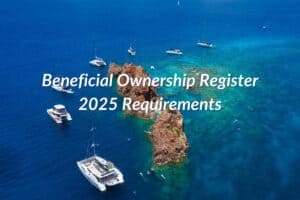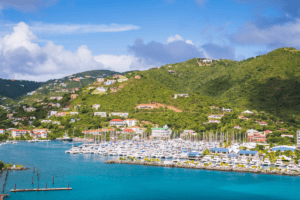When launching a fund, one of the first big questions is: Cayman or BVI? Both are leading offshore jurisdictions, but they serve very different needs. Whether you are targeting institutional capital or building a lean, innovative strategy, your choice of domicile can shape your fund’s future. Let’s take a quick look at what sets these two apart and which one is a better fit for you.
Regulatory Authorities Overview
Each jurisdiction is governed by its own independent financial regulatory body. In the BVI, the British Virgin Islands Financial Services Commission (BVI FSC) oversees fund activities. In the Cayman Islands, it’s the Cayman Islands Monetary Authority (CIMA). These authorities establish, monitor, and enforce the relevant rules and regulations surrounding fund governance, compliance, and investor protection.
Fund Legislation
In terms of legal structure:
|
BVI operates under:
|
Cayman Islands follow:
|
|---|---|
|
Securities and Investment Business Act, 2010 (SIBA)
|
Mutual Funds Act
|
|
Mutual Funds Regulations, 2010
|
|
|
Private Investment Funds Regulations, 2019
|
Private Funds Act, 2020
|
These legal framework dictate the licensing, registration, and operational mechanics for both open-ended and closed-ended investment vehicles.
Types of Open-Ended Investment Funds
Both jurisdictions offer a wide range of open-ended fund options:
|
British Virgin Islands:
|
Cayman Islands:
|
|---|---|
|
Public Fund
|
Licensed Fund
|
|
Professional Fund
|
Administered Fund
|
|
Private Fund
|
Registered Fund
|
|
Approved Fund
|
Master Fund
|
|
Incubator Fund
|
Limited Investor Fund
|
Closed-Ended Fund Options
|
British Virgin Islands:
|
Cayman Islands:
|
|---|---|
|
Private Investment Fund (PIF)
|
Private Fund
|
Structural Options for Fund Setup
|
Structure Type
|
BVI
|
Cayman
|
|---|---|---|
|
Company
|
BVI Business Company
|
Cayman Exempt Company
|
|
Segregated Portfolio
|
SPC
|
SPC
|
|
Partnership
|
International Limited Partnership (ILP)
|
Exempt Limited Partnership (ELP)
|
|
Trust
|
Unit Trust
|
Unit Trust
|
Audit Requirements
- All funds types must be audited except for Approved and Incubator Funds.
- Auditors can be BVI non-resident.
Cayman:
- Audit is required at all times.
- Audit must be signed off by a locally registered Cayman auditor.
This makes Cayman more costly to operate in.
Director Registration and Compliance
- BVI Fund Directors – No registration required with the FSC.
- Cayman Individual Fund Directors – Must register with CIMA and pay an annual fee of US$854 (CI$700).
This adds an additional compliance step for Cayman fund sponsors.
Application and Initial Registration Fees
|
Registration Type
|
BVI
|
Cayman
|
|---|---|---|
|
Company
|
US$ 550 or US$ 1,350 (over 50,000 authorised shares) (based on authorised shares)
|
US$ 854 (CI$ 700) up to US$ 3,132 (CI$ 2,569) (based on Share Capital)
|
|
Partnership
|
US$ 750
|
US$ 1,585 (CI$ 1,300)
|
|
SPCs
|
SPC Application Fee: US$ 1,500 (to register as a mutual fund SPC)
|
Registrar of Companies (ROC) SPC Initial Registration Fee: US$ 1,463 (CI$ 1,200)
|
|
Segregated Portfolio (SP) Application Fee: US$ 350
|
CIMA SP Initial Registration: US$ 366 (CI$ 300) per SP
|
|
|
SPC Initial Fee: US$ 1,500
|
||
|
SP Initial Fee: US$ 300 per SP
|
Mutual Fund Licensing and Annual Fees
|
Registration Type
|
BVI
|
Registration Type
|
Cayman
|
|---|---|---|---|
|
Public Fund
|
Application: US$ 1,000 Annual Licence: US$ 1,500
|
Licensed/Administered /Registered Funds
|
Application: US$ 4,848 (CI$ 3,975) Annual Licence: US$ 4,482 (CI$ 3,675)
|
|
Professional/Private Funds
|
Application: US$ 850 Annual Licence: US$ 1,200
|
Master Fund
|
Application: US$ 4,848 (CI$ 3,975) Annual Licence: US$ 3,201 (CI$ 2,625)
|
|
Approved/Incubator Funds
|
Application: US$ 1,800 Annual Licence: US$ 1,200
|
Limited Investor Fund
|
Application: US$ 4,848 (CI$ 3,975) Annual Licence: US$ 4,482 (CI$ 3,675)
|
|
Private Investment Fund (PIF)
|
Application: US$ 850 Annual Licence: US$ 1,200
|
Private Fund
|
Application: US$ 4,848 (CI$ 3,975) Annual: US$ 4,482 (CI$ 3,675)
|
|
Segregated Portfolio Company (SPC)
|
Annual SPC: US$ 1,500
|
Segregated Portfolio Company (SPC)
|
Annual SPC Registry Fee: US$ 3,445 (CI$ 2,825)
|
|
The total annual fee payable by a mutual fund SPC is capped at US$ 10,000.
|
|||
|
Segregated Portfolio (SP)
|
Annual Licence SP: US$ 350
|
Segregated Portfolio (SP)
|
MF Annual SP License Fee: US$ 366 (CI$ 300
|
|
ROC Annual SP Fee: US$ 488 (CI$ 400) up to US$ 7,317 (CI$ 6,000) (capped at 15 SPs)
|
Annual Return Filing Obligations
- BVI: No fee or obligation for annual return filing.
- Cayman: Mandatory annual return filing with a fee of US$366 (CI$300).
Pros and Cons of BVI vs Cayman Funds
|
Criteria
|
BVI
|
Cayman
|
|---|---|---|
|
Cost Efficiency
|
Lower setup & annual fees
|
Higher cost
|
|
Regulatory Oversight
|
Moderate
|
High
|
|
Audit Requirements
|
Flexible
|
Mandatory
|
|
Director Compliance
|
No registration needed
|
Mandatory registration
|
|
Jurisdiction Recognition
|
Emerging market
|
More widely recognized
|
|
Best for
|
Start-ups, new managers
|
Institutional fund managers
|
- British Virgin Islands: A strategic choice for emerging managers, digital asset strategies, and cost-sensitive funds. It offers greater flexibility, audit may not be required, reduced costs, and quicker setup timelines.
- Cayman Islands: Catered to more traditional large hedge or private equity fund structures, and not fee sensitive. It requires mandatory audits by a Cayman auditor and higher annual fees and oversight.
Conclusion and Final Recommendation
Conclusion and Final Recommendation
- are British Overseas Territories,
- adhere to FATF standards in terms of AML regulations, and
- have robust funds regimes
Yet, distinctly:
- each cater to different types of investment managers and customer base,
- not all funds are required to be audited in the BVI compared to Cayman, and
- one is costlier than the other to run.




